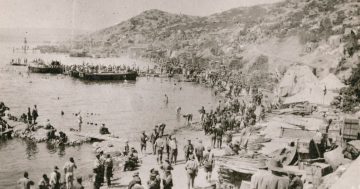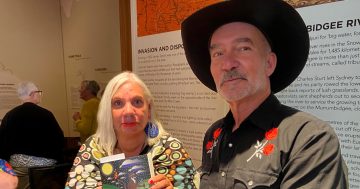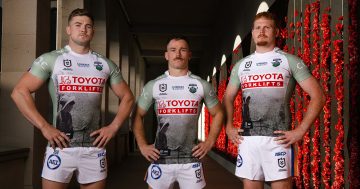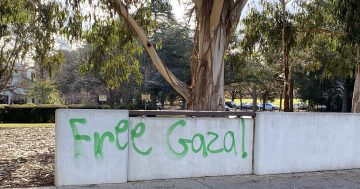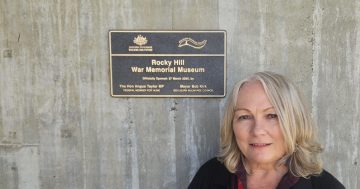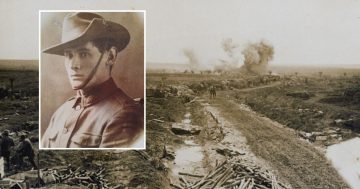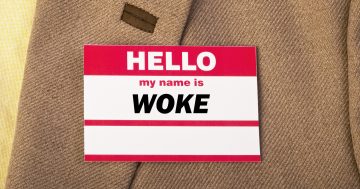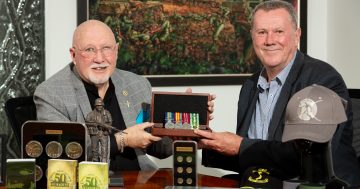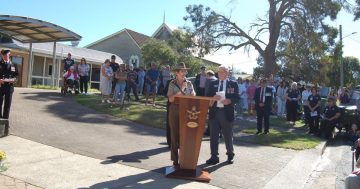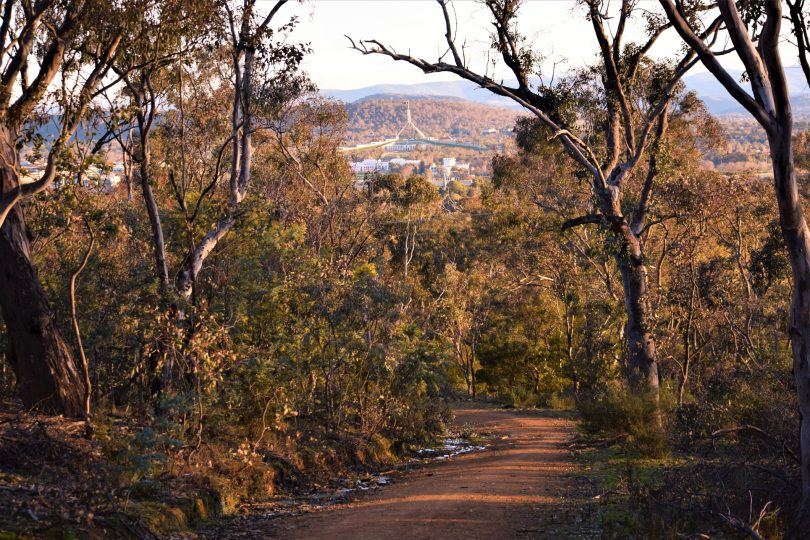
Will the Australian War Memorial ever acknowledge the frontier wars? File photo.
ANZAC Day is a solemn day for Australians. As the Nation’s capital, Canberra is an important stage to reflect on the impact of war on our country and commemorate the sacrifices of the Australian men and women who served in Wars across two centuries.
We gather in our thousands before dawn on the lawns of the Australian War Memorial. We come together at the morning march and reflect on what war has meant for this country, from the First and Second World Wars, the Korean War, the Vietnam war, recent peacekeeping activities, and our engagement in Iraq and Syria. These are important to remember and commemorate. For many of us, it is also personal, with the impacts of war resonating across generations given our grandparents, parents, siblings and other family members have served in the Australian military.
On ANZAC Day, key battles such as Gallipoli loom large. So do other theatres of war, often far from our shores as we have joined our allies to battle wars far from Australia. While this is entirely appropriate, we must also confront the reality that we are failing to acknowledge, learn from and heal from other armed conflicts that have fundamentally shaped our country and our community. These are conflicts that occurred in our own country.
The frontier wars that accompanied the European occupation of Australia saw the deaths of tens of thousands of Aboriginal people and at least 2000 settlers. These are conflicts that I learned nothing of in my studies of Australian history at school or even at university. These are conflicts that I won’t find any mention of in the War Memorial when I visit. These are conflicts that get no mention of when the Memorial talks of its plan for a massive expansion of its exhibition spaces.
It is argued that these conflicts don’t meet the definition of war as they were not conducted by the state. It is also argued that the domain of the War Memorial is for Australians who have served overseas. However, on a day where we reflect on the cost of war and conflict on individuals, families and communities, surely there is a place to acknowledge the truth of the bloodshed that is part of our country’s history? Here we stand 30 years after our then Governor General William Dean called for a memorial to commemorate the frontier wars. Here we stand, at a point of history where many Australians are unaware that these conflicts are a dark part of our national story.
While we may be a long way from commemorating the frontier wars, this is a history we must confront and resolve. It is time for truth-telling as the beginning of a process towards true reconciliation. The call for the establishment of a Makarrata Commission as part of the 2017 Uluru Statement From the Heart is one way this might happen. The term Makarrata comes from the Aboriginal Yolngu language and, as Noel Pearson has explained, expresses an idea of two parties coming together after struggle in order to restore peace. It aims to acknowledge something has been done wrong and seeks to make things right. It is intended to be an agreement within Australia, between Australians.
I think that it is important to reflect on the totality of our participation in war – both in this country and overseas as part of our acknowledgement of ANZAC Day. How will you mark ANZAC Day in Canberra?
Original Article published by Rebecca Vassarotti on The RiotACT.






